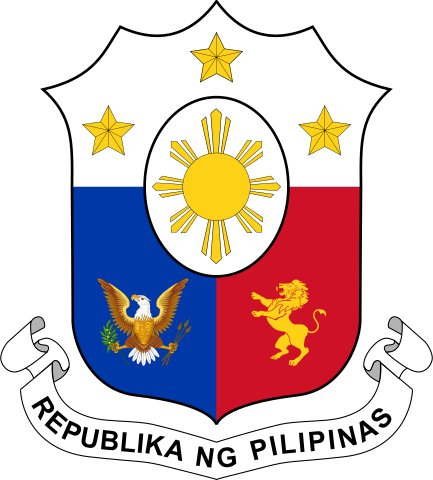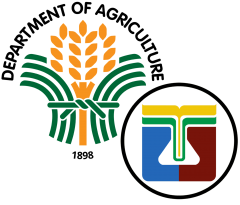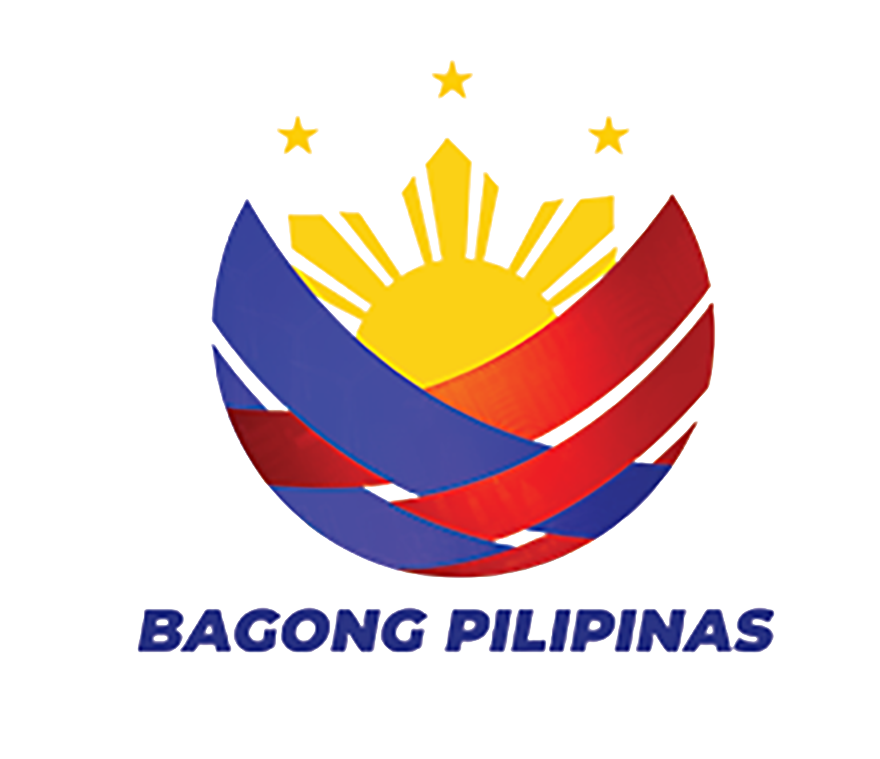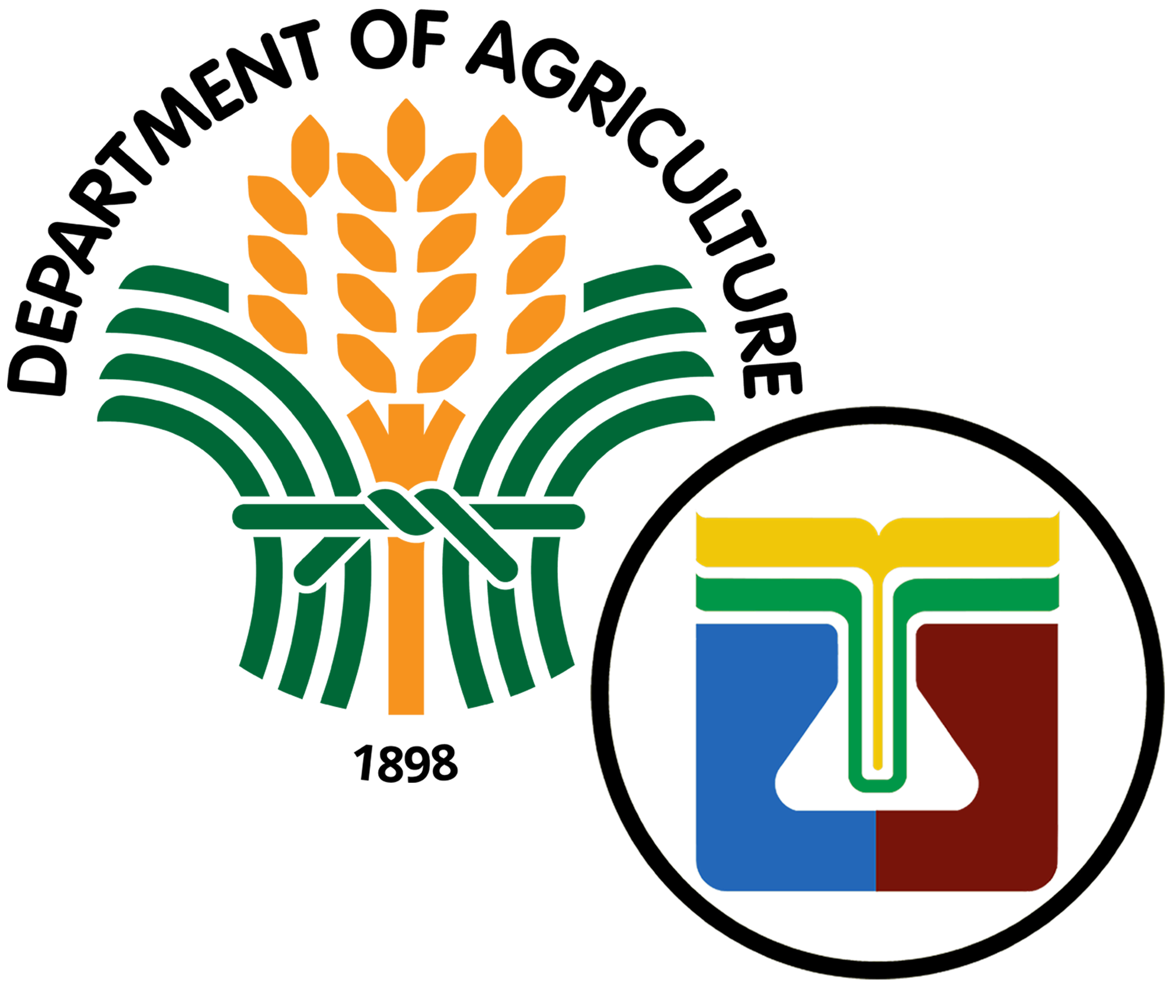In January 2020, the Soil and Water Resources Research Division (SWRRD) launched a research study on the “Evaluation of Soil Biological Activity in Selected Sloping Crop Production Areas in the Philippines”. The study will be conducted in collaboration with the Soil Conservation and Management Division (SCMD) under their project “Sustainable Land Resources Management Approach in Developing Agro-Environmental Potential of Vulnerable Upland and Hilly Lands”.
The SCMD project aims to ensure that the integrity of upland/hilly land biophysical and socio-economic process is maintained. It includes techno-demonstration trials of different land use management options in sloping areas, namely below 30 degrees slope, above 30 degrees slope, and farmers’ practice. The techno-demos are established in selected provinces such as Ifugao, Isabela, Camarines Sur, Capiz, Zamboanga del Sur, and Bukidnon. One of the specific objective is to assess how the introduced technology interventions would affect the soil health status of these areas primarily used for cultivation.
In line with the said project, the SWRRD research study will attempt to determine the soil biological activity of the different land use management options in three provinces, namely: Isabela, Capiz, and Bukidnon, to provide science-based information to policy-makers, researchers, academes, and other interested stakeholders. The specific objectives include (1) measurement of the soil carbon dioxide flux at different land uses across time, (2) determination of the other soil biological parameters such as microbial and macrofauna population, soil organic matter (SOM) and soil organic carbon (SOC) across time, and (3) correlate the different soil biological parameters with chemical and physical parameters and compare across each land use. The SWRRD and SCMD teams commenced the site selection and validation activities last February 2020 in Tapaz, Capiz followed by soil sampling activities for soil biological analyses last March.



